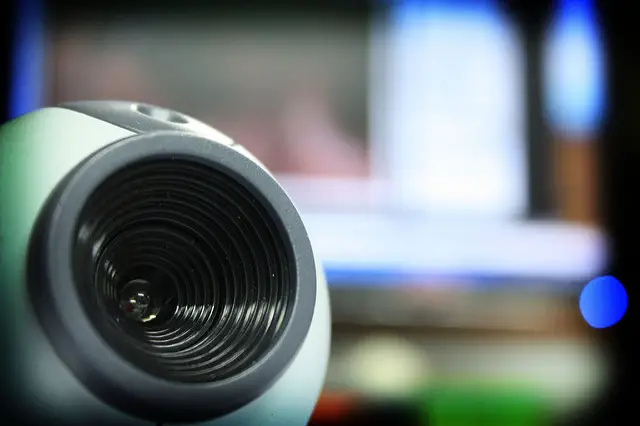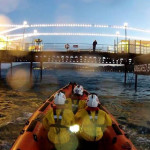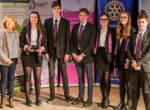Hayley shares this latest news on behalf of the NSPCC. Ed
Thousands of children and teenagers are seeking help from Childline after being sexually abused by another young person.
The latest figures from the NSPCC-service reveal that last year there were 3,004 counselling sessions with young people who had experienced sexual abuse by a friend, boyfriend or girlfriend, an ex-partner or another young person.
Almost half of the total number of counselling sessions were with young people aged between 12 and 15, but a further 114 were with children aged 11 and under.
Call for reform
To help keep young people on the Isle of Wight safe from sexual abuse, the NSPCC is calling for revamped and reformed relationship and sex education (RSE) to be incorporated into the national curriculum as quickly as possible.
Classes should focus on young people keeping healthy bodies and relationships, and ensure that children are able to understand what sexual abuse is and be able to recognise its signs and how to keep themselves safe.
Older children are vulnerable to suffering the abuse in different places, including school, at home, at parties and online, while younger ones are more likely to experience it as one-off incident at primary school.
Teachers unclear what to do
Some teachers who witness peer sexual abuse have told us, via the NSPCC Helpline, they need more support in how to deal with these situations.
One girl aged 16 said:
“When I was younger I was round at a friend’s house and he asked me to come and look at his room. I can’t really remember what happened after that, I know that he made me pull down my pants and that something happened.
“I’ve tried to block the memory, but I struggle sleeping sometimes because I get night terrors.”
Victims felt confused
An NSPCC report – ‘Is this sexual abuse?’ – published today (Wednesday) highlights how victims felt confused about what had happened to them, with younger children in particular struggling to understand if they had actually been sexually abused.
Some children and teenagers that recognised something was wrong still expressed a reluctance to tell anybody due to the fear of being blamed or bullied, leaving them vulnerable to lasting mental health issues and post-traumatic stress disorder.
Shocking and disturbing
Colin Peak, NSPCC Regional Head of Service for London and the South East, said:
“There is something particularly shocking and disturbing about a child being sexually abused by another young person.
“Unfortunately we have to wake up to the fact that this is happening across the UK thousands of times over each year, with both victim and perpetrator at risk of suffering lasting damage.
“Tackling this problem demands all children are introduced to key learning concepts such as boundaries and consent from primary school onwards.”
‘Letting the Future In’
To help children and teenagers who have been sexually abused the NSPCC delivers ‘Letting the Future In’ from its service centres across the UK.
The charity sees boys and girls aged 4 to 17 in special play therapy rooms where they do things like messy play, writing, storytelling and art to help express feelings that the young person can’t put into words.
The NSPCC also offers an online learning course – Managing sexualised behaviour in primary schools – which enables anyone who works with children in primary schools to feel confident about recognising, assessing and managing incidents of sexualised behaviour.
Call Childline
Any child worried about peer sexual abuse can call Childline on 0800 11 11.
Any adult who is concerned about a child can call the NSPCC Helpline on 0808 800 5000.





